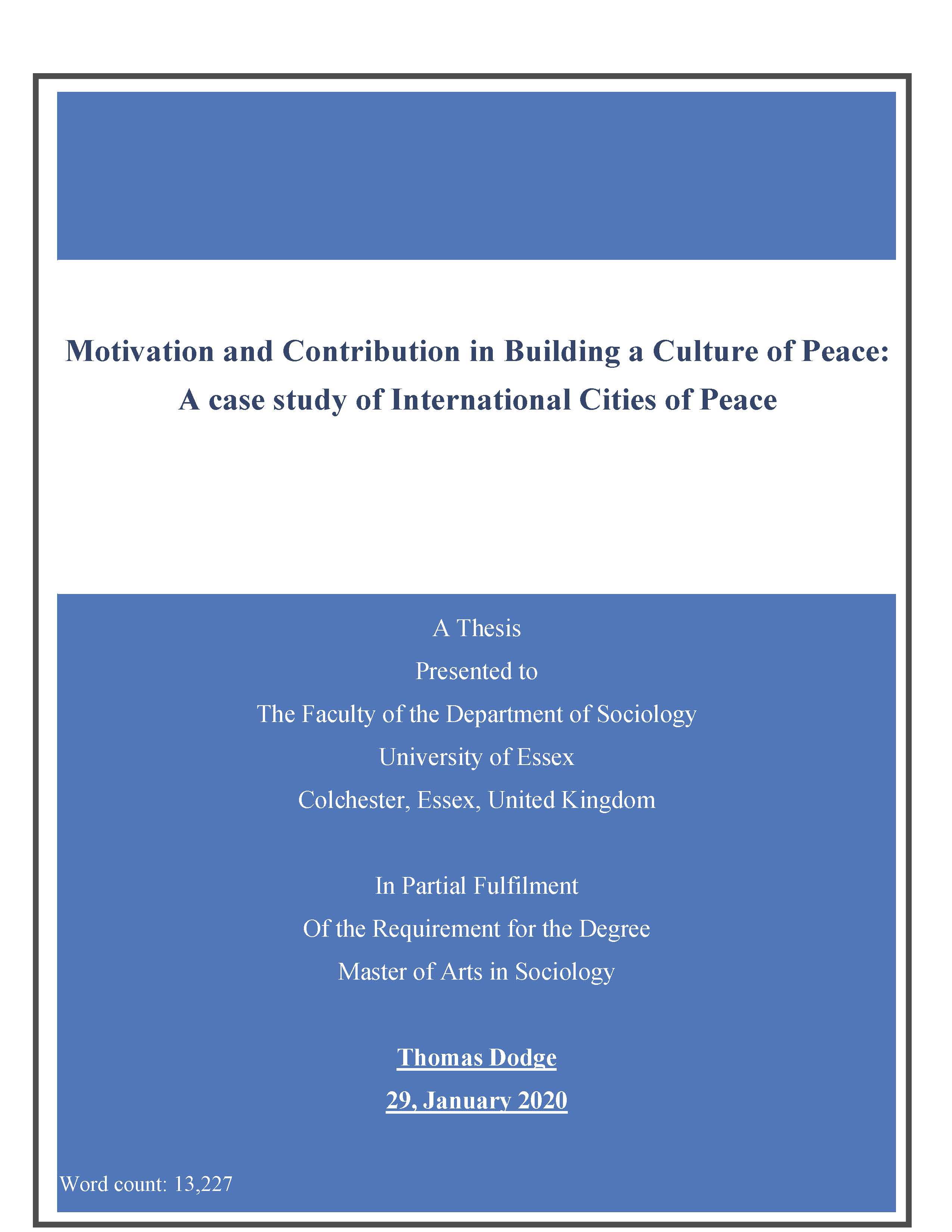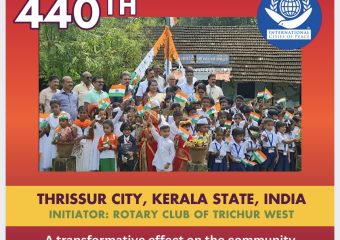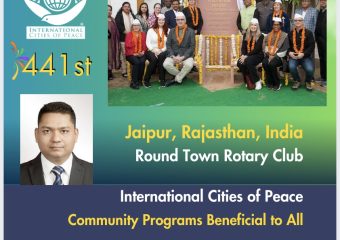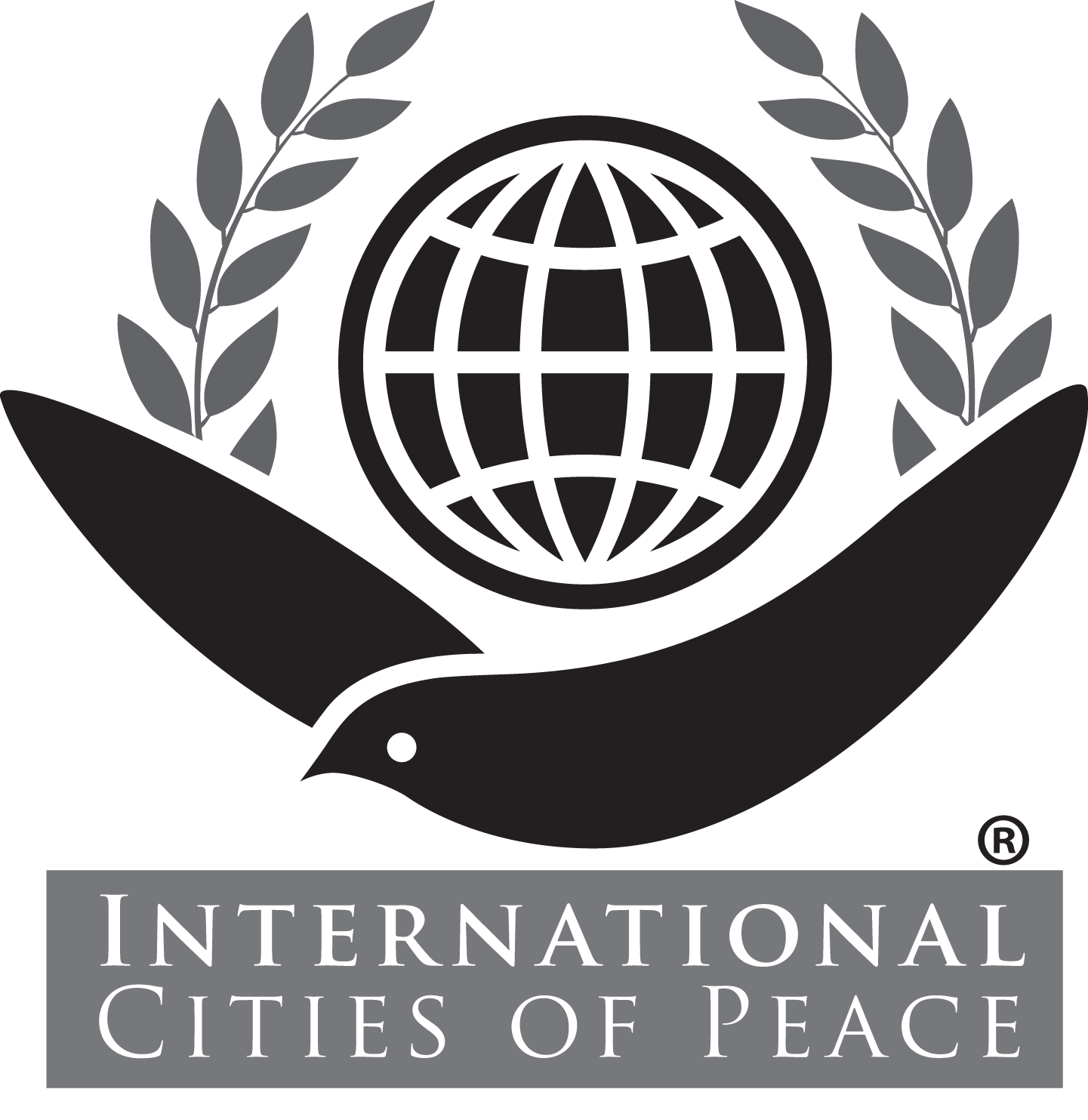Thesis on International Cities of Peace
Motivation and Contribution in Building a Culture of Peace: A case study of International Cities of Peace
A thesis presented and accepted by the Faculty of the Department of Sociology, University of Exxex by Thomas Dodge
In 2020, Mr. Thomas Dodge interviewed Board Member Peter vanden Dungen, Founding Director J. Frederick Arment, and City of Peace leader in Westerly, Rhode Island Frank Thacker as part of a Thesis to complete his Masters in Sociology from the University of Essex.
The interviews are included in rough transcription as well as quotes and concepts in the Thesis. Many of the key concepts of Cities of Peace are included in comments by the three interviewees. Thomas completed the project and has given his permission to include as part of the International Cities of Peace website.
CONCLUDING DISCUSSION FROM THESIS:
“After speaking with this group of peace-professionals, I have come to better understand the
process of pursuing the building of a culture of peace. There is a need to begin by
contributing something on the local level, in one’s own community, perhaps due to one’s
motivations to simply improve the immediate culture and environment in which they live.
Then, there is a need to take the idea further and make a connection to individuals in other
communities who are also working for peace, or who could benefit from sharing information of efforts in peace-work. In making the connection between local and broader peace
initiatives, and describing the general aim of International Cities of Peace, Fred (Arment) explains:
“It has to be a global effort. It can’t just be a local effort. Local is fine. That’s where
peace starts, personally in the neighborhood. But if you’re going to really make a
difference you really have to look at it as a global phenomenon. And that means
being open to different cultures.”
Thomas Dodge. MA Soc. Dissertation final.




